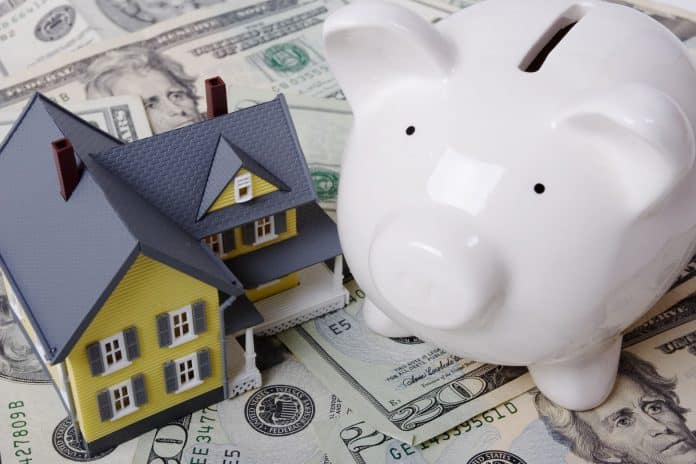
Buying a home is a big step, especially if your savings aren’t quite ready for a big down payment. Luckily, there are various assistance programs designed to give homebuyers a boost. These programs, often offered by state and local governments, provide essential support to ease the financial burden. They come in different forms, such as grants, forgivable loans, deferred-payment loans, and matched savings programs, each with its unique advantages. Understanding what’s out there with some overview can hopefully point you in the right direction on where to get the support you need to get a home!
Understanding Down Payment Assistance Programs
If you want to buy a house but don’t have much savings, programs that help with down payments could be a great help. These programs offer different kinds of support, like a community event where everyone brings different dishes.
Most people know these programs can help save money when buying a house. They mainly offer grants and loans, especially for those buying a home for the first time. These are provided by state and local governments. Think of them as extra help that makes buying a house easier. Some down payment assistance opportunities to consider include:
- Grants
- Forgivable Loans
- Deferred-Payment Loans
- Matched Savings Programs
The Value of Grants for Home Buyers
In simple terms, if you’re eligible, grants can greatly reduce the amount of money you need to start with, without the need to worry about paying back a loan later. It’s straightforward and manageable. Think of grants as a gift that’s completely yours, with no need to give anything back. They’re really helpful for down payments because they’re free money.
However, be cautious. Some programs that seem like grants might actually have hidden requirements, like a second lien on your house. It’s like a deal that’s only good under very specific conditions. You want to make sure you understand the full terms and conditions!
Navigating Forgivable Loans
Forgivable loans are a type of loan you don’t have to pay back if you stay in your house for a certain number of years, usually between five and twenty. These loans have a 0% interest rate and won’t affect your bank account as long as you live in your house for the agreed time.
The longer you stay in your house, the better. These loans can eventually be forgiven after 5, 15, or even 20 years if you don’t move. The idea is to treat your house as a long-term home, not just as a property to sell. However, these loans come with rules you need to follow. It’s like making a commitment to your house!
Deferred-Payment Loans Explained
Deferred-payment loans let you buy a home without having to pay any money upfront. You only start paying back these loans when something big happens, like moving, selling your house, or refinancing your mortgage. This means you can live in your new home without worrying about the loan until you make one of these big changes.
It’s important to know that deferred-payment loans are different from forgivable loans. Forgivable loans might not need to be paid back after you’ve lived in your home for a certain number of years. However, deferred-payment loans will need to be paid back when specific things happen, like selling your home.
These loans can be really helpful because they let you move into your new house without stressing about money right away. It’s good to think carefully about whether this type of loan is right for you, especially if your situation changes unexpectedly.
Matched Savings Programs for Home Buyers
Matched savings programs are like getting extra help when saving for a house down payment. When you save money, these programs, offered by banks, government agencies, or community organizations, will match the amount you save. It’s like every dollar you save gets doubled.
This can really help when you’re trying to buy a home. For example, if you save $1,000, these programs might turn it into more like $2,000! These funds can then be used towards a home purchase. The great thing is that your savings grow much faster without extra effort from you. However, these programs usually have rules about how long you need to save before you can use the money to buy a house.
Bottom Line
As you begin the journey of homeownership, remember that down payment assistance programs can be a valuable resource. From grants that don’t need to be repaid to loans with flexible terms, these programs can significantly ease the financial burden of buying a home. Matched savings programs can also amplify your savings, helping you reach your goal faster. It’s important to research and understand each option, as they come with their own set of rules and benefits. By taking advantage of these programs, you can turn your dream of owning a home into a reality, even if your savings aren’t as large as you’d like them to be. So, explore these options, find the one that fits your needs, and take a confident step towards purchasing your new home. Don’t forget, talking to a professional that deals with financing for purchasing a home can also be a great resource to consider!




















